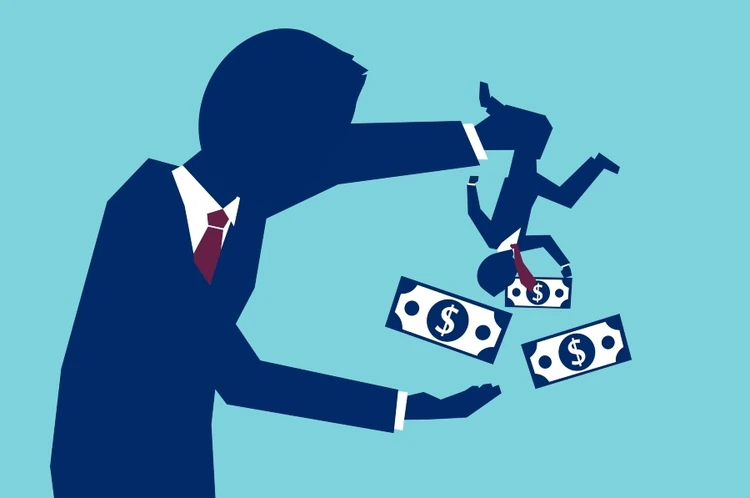The Consumer Financial Protection Bureau (CFPB) has put the final touches on a massive win for consumers. The Bureau has issued a rule to recast and clarify prohibitions on harassment and abuse, false or misleading representations, and unjust practices by debt collectors when trying to collect any consumer debt.
The rule change has been a long time coming. When the CFPB first put the Fair Debt Collection Practices Act (FDCPA) into action, many of us were listening to the Bee Gees and buying Chia Pets. Since 1977, a lot has changed -- primarily the way in which we communicate.
That aspect gets most of the attention in the new rule, putting the spotlight on debt collection communications. It gives consumers more control over how often and through what means debt collectors can communicate with them when trying to resolve debt issues.
Giving power back to the consumer
The rule reset also clarifies how the protections of the FDCPA apply to 21st Century communication technologies, like email, text messages, and social media. To the consumer’s advantage, the rule gives them the control to limit the ability of debt collectors to communicate with them through today’s digital communication methods.
On top of that, consumers now have the option to unsubscribe from receiving text messages and emails from debt collectors -- or, at minimum, limit ways debt collectors contact them. It also clarifies the use of voicemails and other messages left by debt collectors.
“Unfortunately, many Americans fall behind on their bills for many reasons. An unexpected emergency room visit might leave a consumer without enough funds to pay their credit card bill, which can become a debt a creditor places with a debt collector,” wrote Kathleen L. Kraninger, the CFPB director.
“No matter the reason a consumer has a debt in collection, we want to make sure there are clear rules of the road for debt collectors to follow the law and alongside that, swift action against those who flout the law.”
Consumers should exercise their legal rights
Kraninger said the Bureau wants consumers to understand and exercise their legal rights. She says consumers should speak up if they think a debt collector is being overzealous with their calls.
From here on out, debt collectors will be violating federal law if they call a person more than seven times within seven consecutive days -- or within seven consecutive days of having had a telephone conversation with that person about the debt.
